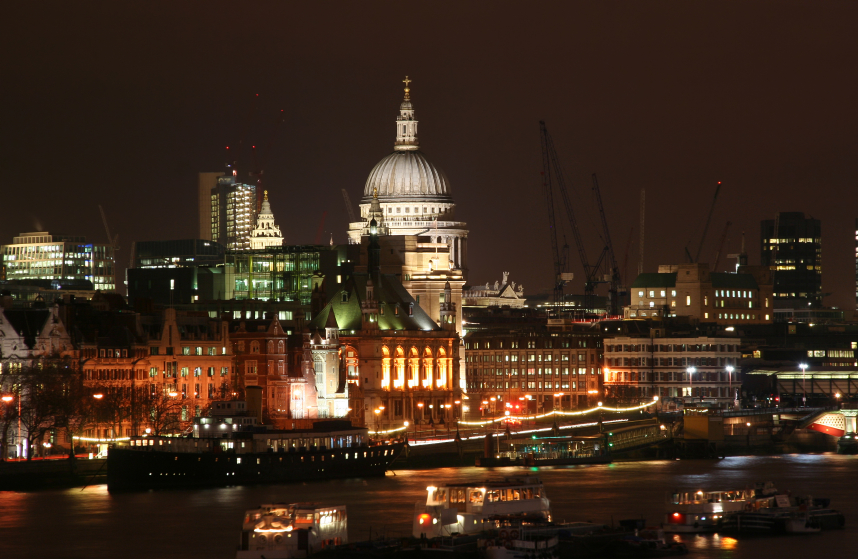
Of all British cities, London suffered the most during the Blitz but how could the British endure the Blitz? Why could they ‘take it’?
I saw an amazing film this week about the Blitz – one that was made nearly 40 years ago.
It was an episode of the famous documentary series ‘The World at War’ produced by Jeremy Isaacs. It was called ‘Alone’ and was directed by David Elstein. I watched it in a newly restored format at the Imperial War Museum, and later took part in a panel discussion with Sir Jeremy, David and others to talk about the immense impact the ‘World at War’ has had on our understanding of the conflict.
Many things were remarkable about the documentary. As a filmmaker I admired the swift pacing of the programme – something which made the the work still seem very modern. (Often the older the documentary the slower and more ponderous it appears today – but most certainly not in this case). But it was as a historian that I was most entranced. Because the quality of the interviewees was breathtaking – from Sir Anthony Eden to Sir Max Aitken, a whole host of important figures from the war were represented.
However, it was the interviews with the ‘ordinary’ people of London that made the greatest impression upon me. David Elstein had the clever idea of interviewing a whole group of Eastenders in a pub, and the convivial setting contributed hugely to the relaxed way in which people talked. One thing was clear. These people were not prepared to be beaten by the German bombers. They were the living embodiment of the famous phrase ‘Britain can take it!’ But why, I wondered? Why could Britain take it in 1940?
It was a question I discussed with Professor Richard Overy during his interview for this site, and this is what he said: ‘I think for a great many ordinary people the common ground was that Hitler and Co were a barbarous bunch and that the world would not be safe until we got rid of them…. you read diaries and letters in which people are enormously exhilarated by the bombing and it seems quite extraordinary, you know, why would anybody want to be bombed? But there is a sense of excitement, a sense of exhilaration, a sense of adrenaline and I think we shouldn’t ignore that either. People did think this was a war that the whole of society was fighting and for better or worse Hitler was not going to get his way.’
Which is fine, as far as it goes. But it can’t be the whole answer, because the Japanese still carried on fighting after the devastating fire bombing of Tokyo in March 1945, which killed 100,000 people – with more Japanese perishing in one night than British died as a result of bombing during the entire war. Equally, the systematic destruction of German cities – Hamburg, Cologne, Berlin and Dresden to name but four – didn’t cause the Nazis to quit fighting.
Of course, you can argue that the Japanese and Germans didn’t feel able to surrender as a result of this conventional bombing because they lived in totalitarian societies. (And we must bear in mind that it was the nuclear bomb that ultimately ended the war against Japan).
But I don’t think those arguments represent the whole truth either. I think one key reason that people managed to withstand the bombing raids has to do with the human capacity to endure – something we often underestimate. It’s a quality that was revealed to me recently – in another context – by a friend of mine who had lost his first wife to cancer only to marry again and then watch as his second wife died of cancer as well. I marvelled at his ability to cope, and to carry on working and raising his daughters. How, I asked him, had he managed to suffer such tragedy and yet still battle on with his life?
He answered my question with a question of his own. ‘What was the alternative?’ he asked.
 Twitter
Twitter





